Keywords: Events
There are more than 200 results, only the first 200 are displayed here.
-
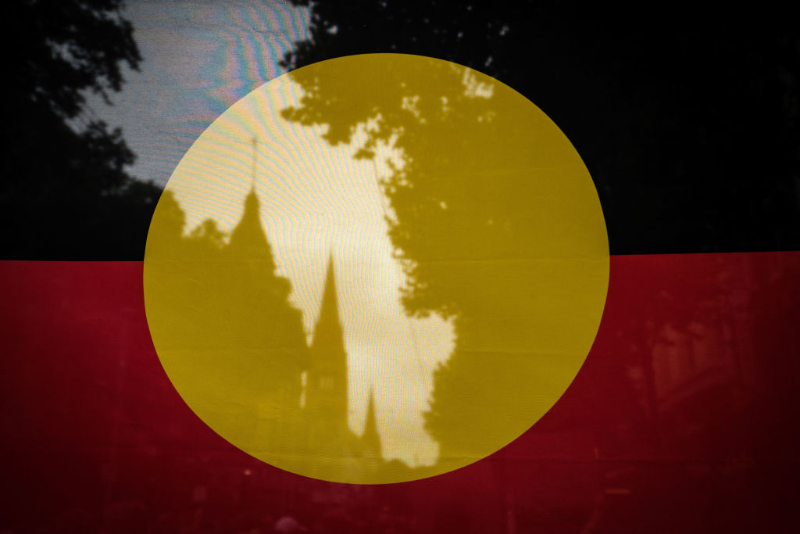
AUSTRALIA
- Dean Ashenden
- 03 May 2022
6 Comments
The danger is that unless commissions and inquiries are accompanied by other ways of telling other truths they will inadvertently help to shrink that national story into the story of victims who in fact have never been only victims, and of unmentioned perpetrators who in fact have never been only perpetrators. They risk preaching to a more-or-less converted majority and to an implacably unconverted minority.
READ MORE 
-
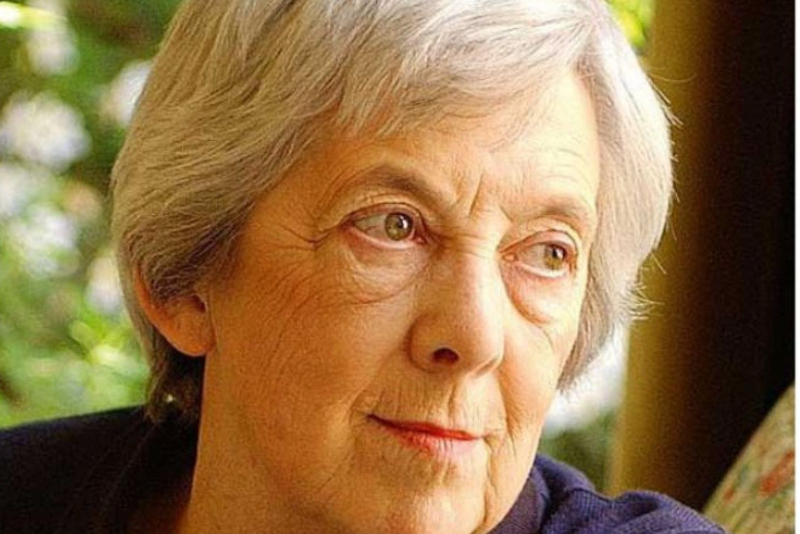
ARTS AND CULTURE
- Andrew Hamilton
- 28 April 2022
4 Comments
The quality of Niall’s writing is evident in An Accidental Career, though easily unnoticed. It lies in the clarity of her thought, her exact choice of words, the alternation of anecdote and reflection and the self-effacement that creates a direct link between the reader and the work itself. Her writing has the rare gift of simplicity. The precision of the title is characteristic of the book as a whole.
READ MORE 
-

AUSTRALIA
- Andrew Hamilton
- 21 April 2022
34 Comments
This year Anzac Day promises to be a subdued celebration with local events in which people who have fought in wars and their relatives can take part. Few will be able to travel to Gallipoli to remember the invasion. The focus of the day will remain rightly on the sorrow of war and not on the heroic achievements of soldiers or on deemed distinctive Australian qualities displayed at Gallipoli. The association of soldiers at Gallipoli with footballers playing their games on Anzac Day will seem not only crass but ridiculous.
READ MORE 
-

AUSTRALIA
- Andrew Hamilton
- 13 April 2022
11 Comments
In our culture, Easter celebrates the benignity of the ordinary. It is a time for getting together with family, for going away to bush or beach, and in southern states a time of mild weather ideal for watching big football matches and other sport. The important question raised now by Easter is whether the meanings of Australian Easter, and indeed those available to our secular society, have the depth needed to handle our present predicaments.
READ MORE 
-

AUSTRALIA
- Andrew Hamilton
- 07 April 2022
6 Comments
Palm Sunday alternates between March and April. When, as this year, it is celebrated in April it keeps company with a number of days that provoke us to ask what and who matter, what and whom can you trust. If it is a cruel month, it is so because it tests, even mocks, our comfortable assumptions. In a year overshadowed by manifestations of climate change, of persistence of Covid and of the horrors of war, it is not a bad month to endure an election.
READ MORE 
-

AUSTRALIA
- Barry Gittins
- 21 March 2022
6 Comments
Like the trusting frog, voters have in the backs of their minds the inkling that when a government achieves power, they lavish time, energy and resources on staying in power. Promises are non-core, or open to interpretation, or de-prioritised as new issues bob up to the surface.
READ MORE 
-
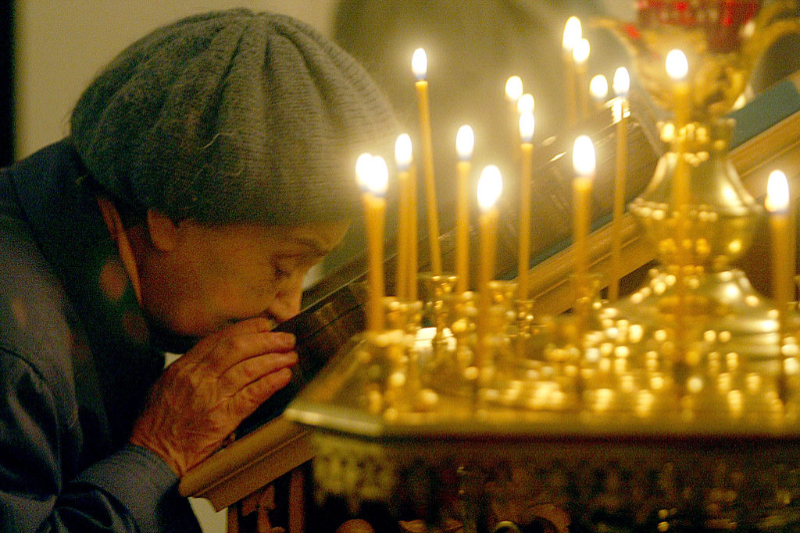
INTERNATIONAL
- Andrew Hamilton
- 17 March 2022
12 Comments
Taken together the events of recent years suggest that we face a crisis, a time in which the working assumptions that have guided our personal and collective lives no longer hold. If we do not change we face increasing threats to the world that we shall hand on to our children.
READ MORE 
-
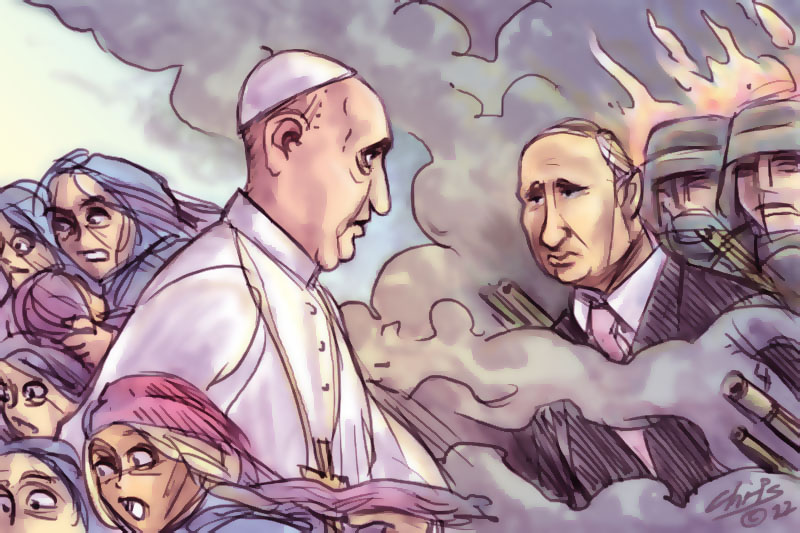
RELIGION
- Miles Pattenden
- 15 March 2022
19 Comments
Even as he sustains the papacy’s now traditional opposition to all forms of war and its emphasis on the extreme suffering war brings, especially to the innocent, Pope Francis has, in recent weeks, taken a different, more partisan approach which he and others must feel is justified.
READ MORE 
-
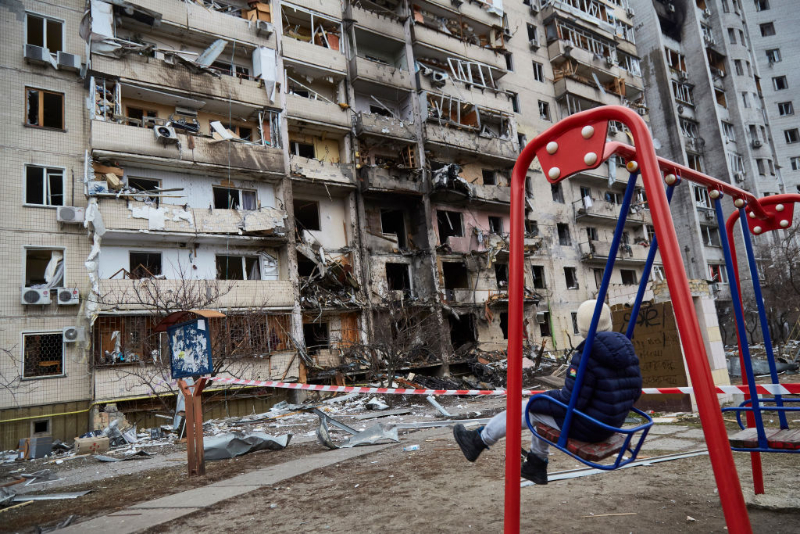
INTERNATIONAL
- Andrew Hamilton
- 08 March 2022
19 Comments
In the face of the horrors of invasion it is natural to be fascinated by the destructiveness of war and to immerse ourselves in military and political strategies. It is also natural to feel helpless and angry at the destruction of human lives, of cities and freedoms, and from a distance to barrack for one side and against the other. We attribute blame and praise, weigh causes and justifications, and divide the world into friends and enemies.
READ MORE 
-
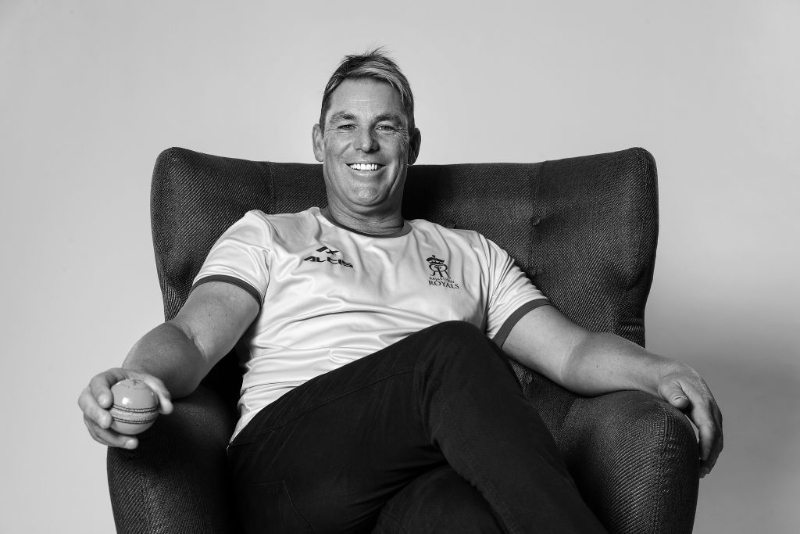
AUSTRALIA
- Binoy Kampmark
- 07 March 2022
8 Comments
It was once said of T. E. Lawrence that he had a tendency to back into the limelight. With the late Shane Warne, arguably the finest slow bowler cricket has ever produced, it edged towards him. His debut appearance against India in the 1991-2 home series in Australia was not auspicious. Paunchy, exuding a vernacular Australian coarseness, and initially wayward, he received an object lesson from India’s Ravi Shastri and the youthful Sachin Tendulkar at the Sydney Cricket Ground. But there were already those incipient signs: the slovenly look, the ear piercings, the peroxide hair.
READ MORE 
-
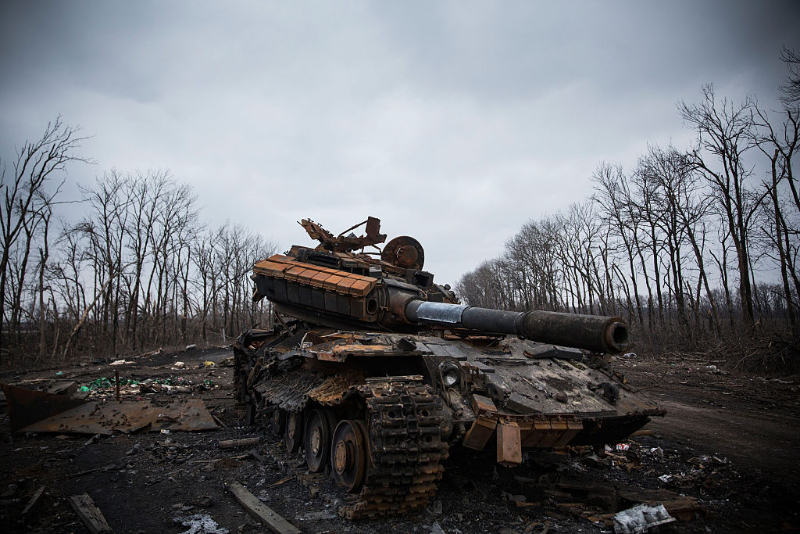
INTERNATIONAL
- Justin Glyn
- 07 March 2022
26 Comments
Ukraine, a site of conflict over many centuries, is once again the scene of battle. First thoughts must be with the civilian population and Pope Francis’ call for prayer is probably the most practical course for most of us far from the action. Unfortunately, while it is clear that there have been casualties, both military and civilian, on both sides, the fog of war makes it very difficult to say more.
READ MORE 
-
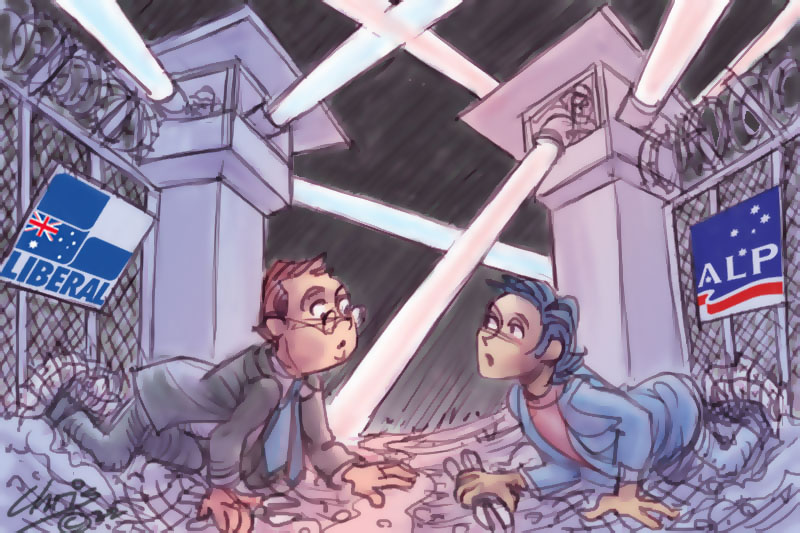
AUSTRALIA
Most of us accept that over the last twenty-odd years, something has shifted in the way politics in Australia is conducted, and not for the better. Notably, our government (and media) are seen by most voters as a dividing force within society rather than a uniting one.
READ MORE 